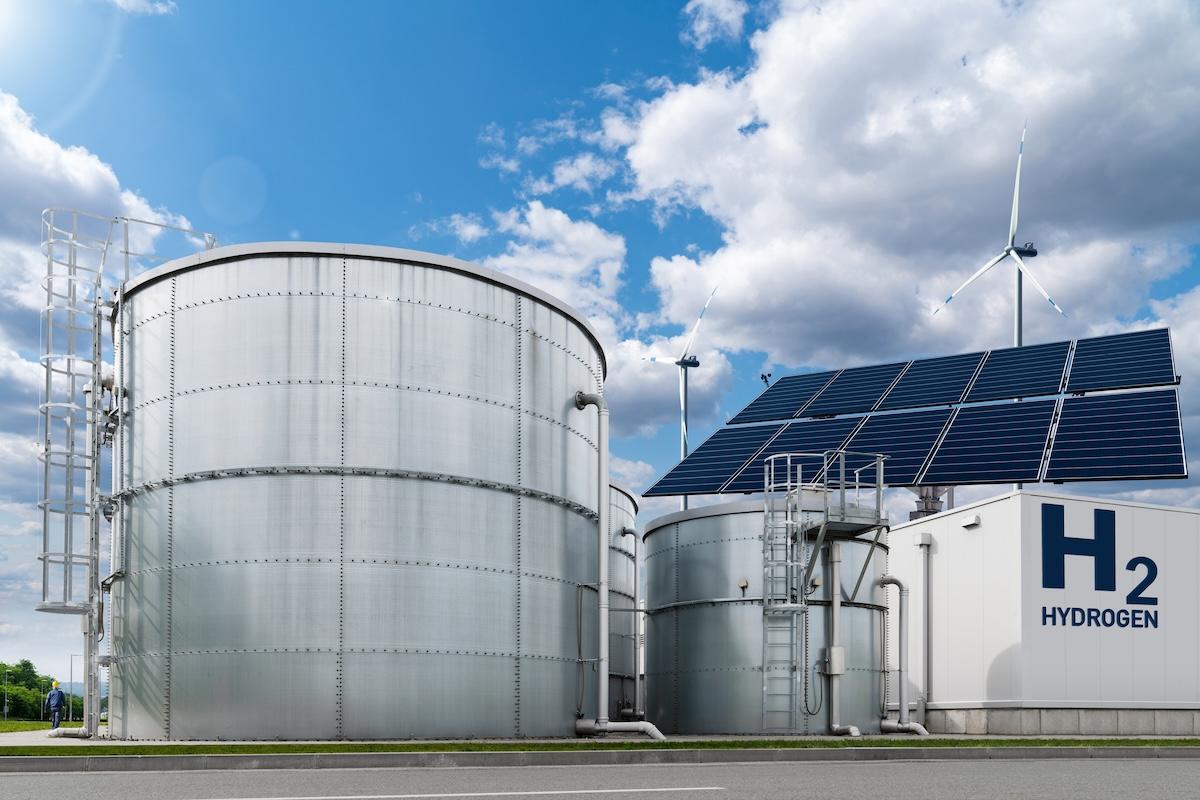Decarbonizing Heavy Industries: The Cost of Net-Zero Materials in 2030 and Beyond
Key Ideas
- Steel production can become competitive with clean fuel costs and carbon prices by 2030, with green steel costs falling significantly by 2050.
- Local resources play a significant role in determining the cost of production, with regions like China and South America having cost advantages in hydrogen-based steel production.
- Subsidies in the US can make green petrochemicals competitive, with options like bio-based feedstocks and electrically powered crackers being explored for decarbonization.
- Recycled aluminum offers a green product at a small premium, with stable costs between 2024 and 2050 largely influenced by scrap prices and regional differences.
The article explores the challenges and opportunities in decarbonizing heavy industries that contribute significantly to global emissions. It highlights the necessity of transitioning to cleaner alternatives like hydrogen, carbon capture, and electrification to achieve drastic reductions in industrial emissions by 2030. Despite the initial increase in costs associated with implementing new technologies, the report suggests that the cost premiums for net-zero routes in industries such as steel, petrochemicals, and aluminum could be around 50% or less, with potential cost savings in the future.
By 2030, green steel production is projected to become more competitive, especially in regions with low hydrogen costs. The cost analysis indicates that utilizing hydrogen-based steel plants may be more cost-effective than retrofitting existing blast furnaces with carbon capture technology. Similarly, the article discusses various feedstock options for petrochemicals, emphasizing the role of subsidies in making green petrochemicals economically viable, particularly in the US.
Furthermore, the article addresses the stability of costs in recycled aluminum production, with scrap prices playing a crucial role. It notes the regional variations in scrap prices and the impact on the overall cost of recycled aluminum. The focus on green technologies and the potential for cost-effective solutions underscore the positive outlook for decarbonizing heavy industries and achieving net-zero emissions in the future.
Topics
Production
Renewable Energy
Decarbonization
Carbon Capture
Cost Analysis
Green Technologies
Industrial Emissions
Latest News
